Tag Archives: specialization
13 Feb Yorrick: Seeds of Knowledge
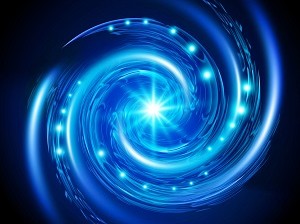
A Wise Geek once said: “Knowledge acquisition typically refers to the process of acquiring, processing, understanding, and recalling information through one of a number of methods. This is often a field of study closely tied to cognition, memory, and the way in which human beings are able to understand the world around them.” Our exploration begins […]
08 Feb Seeing Within: Proprioception for Robots
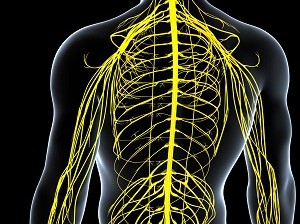
I saw a couple movies awhile back, “The Terminator” and “Terminator 2” in which artificial intelligence in computers became hazardous to the survival of humanity. One of the premises, as I recall, was that the critical event that lead to the disastrous attempt of man-made machines to destroy humanity, was when they became “self-aware”. This […]
31 Jan Feature Selectivity in Vision
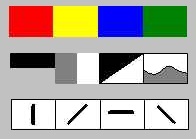
This post is another in the series on specialization, in which the author stresses the need for very heterogeneous models for imitating brain capabilities with computers. An important discovery of neurophysiological and cybernetic research is that many neurons, particularly those in areas of the brain that specialize in processing perceptual data, are feature selective. Vision processing is […]
27 Jan Go With the Flow
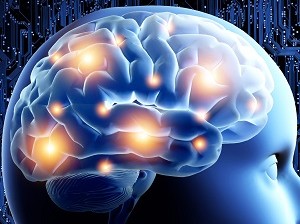
Modeling Neural Electrical Flow Patterns From looking at possible mechanisms for information storage, we move back to its movement. It may be important to understand the patterns of electrical flow in the brain to define good models for artificial systems that attempt to match human competence in cognitive processing tasks. This is what neural network and […]
02 Jan Synapse Formation
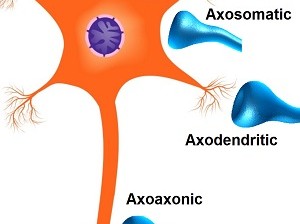
Many neurons have only a few synapses. Others, like giant pyramidal and Purkinje cells, may have tens or even hundreds of thousands of synapses. At the conclusion of the complex growth process, called synaptogenesis, in which growth cones at the tips of spines, axons, and dendrites propel or draw the fiber through the crowded gray and white matter […]
30 Dec Aristotle and von Neumann
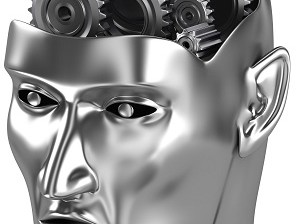
In the 1950’s, John von Neumann compared the computer to the brain. Scientific inquiry that laid the foundation for that comparison, however, had begun long before. The influence of the Greek philosopher Aristotle’s association theory (metaphysics), for example, is evident in neural net theory. In The Computer and the Brain, Dr. von Neumann describes how […]
31 Oct Modeling Biological Systems

Possible Mechanisms of Learning, Memory and Cognition In the first section of this blog, I talked about the brain, as a whole, to establish a framework for the discussion of natural intelligence. In this section, I have delved into the inner workings of neurons, themselves to ensure we understand how complex they are, and where we […]
29 Oct DNA and Biocomplexity
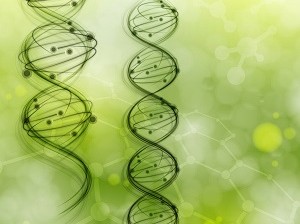
Bio-Complexity Before I can feel comfortable designing a machine or software that can perform brain-like tasks, I want to understand the brain and the broader context in which it develops and operates. The last thing I want to do is over-simplify my assumptions and fail in my design. Nor do I want to over-complexify. I don’t […]
01 Oct Methodology or Mythology
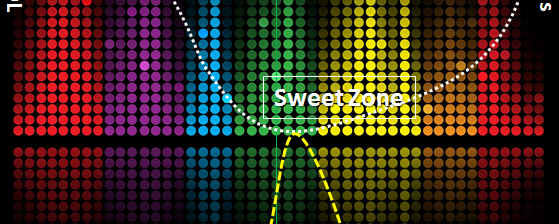
Call me a “nut”, but I have always been enthralled by science fiction. An image of Dave, a surprised and confused astronaut from 2001, a Space Odyssey, stays in my mind. In his eyes, I could see his brain working frantically to figure out how to master the situation, and giving way to hopelessness. The […]
31 Mar Asymmetrical Balance, True Love and Chaos
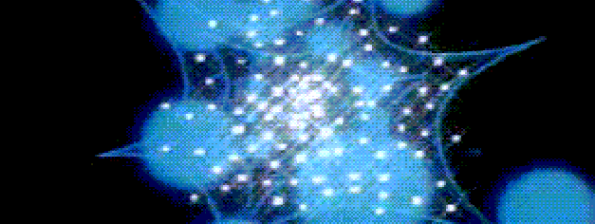
Inequality is the Pattern Unequal distributions characterize everything in the universe from subatomic particles to galaxies. In fact the whole idea of “equality” in the physical universe seems at least a tiny bit sketchy. At the extreme end of unequal distributions is chaos. On the near end are things that approximate equality: balance, parity, equal opportunity, symmetry […]




